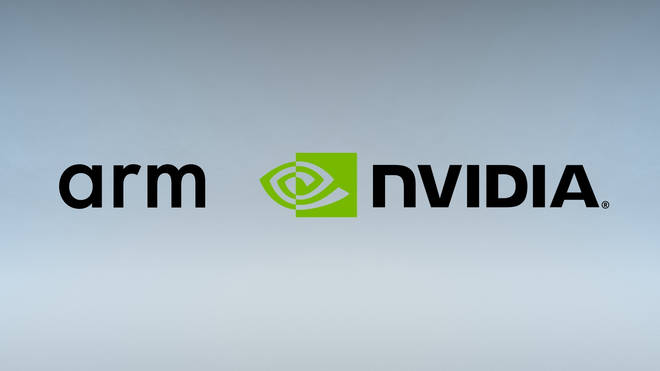UK chip designer Arm to be acquired by US firm Nvidia
by Press Association
The deal has been valued at 40 billion dollars (£31.2 billion).
UK-based computer chip design firm Arm is to be bought by US tech giant Nvidia in a deal worth 40 billion dollars (£31.2 billion).
The US-based graphics chip maker has pledged to keep Arm headquartered in Cambridge while also promising to expand on Arm’s work to build a “world-class” technology centre.
Arm is best known as the designer of processor chips used in most major smartphones – including Apple and Samsung – as well as other devices such as laptops.
The British-based firm was previously acquired by Japanese giant Softbank four years ago.
Jensen Huang, founder and chief executive of Nvidia, said the new combination of the two companies would create a firm “fabulously positioned for the age of AI”.
“Simon Segars and his team at Arm have built an extraordinary company that is contributing to nearly every technology market in the world,” he said.
“Uniting Nvidia’s AI computing capabilities with the vast ecosystem of Arm’s CPU, we can advance computing from the cloud, smartphones, PCs, self-driving cars and robotics, to edge IoT, and expand AI computing to every corner of the globe.
“Arm will remain headquartered in Cambridge. We will expand on this great site and build a world-class AI research facility, supporting developments in healthcare, life sciences, robotics, self-driving cars and other fields.
“And, to attract researchers and scientists from the UK and around the world to conduct groundbreaking work, Nvidia will build a state-of-the-art AI supercomputer, powered by Arm CPUs. Arm Cambridge will be a world-class technology centre.”
Arm chief executive Simon Segars said he was “excited” to join Nvidia “so we can write this next chapter together”.
“Arm and Nvidia share a vision and passion that ubiquitous, energy-efficient computing will help address the world’s most pressing issues from climate change to healthcare, from agriculture to education,” he said.
“Delivering on this vision requires new approaches to hardware and software and a long-term commitment to research and development. By bringing together the technical strengths of our two companies, we can accelerate our progress and create new solutions that will enable a global ecosystem of innovators.”
However, industry analyst Geoff Blaber from CCS Insight suggested the deal would be “detrimental” to Arm and its ecosystem.
He said Arm is “first and foremost a licensing business” and the deal with Nvidia “offers little real synergy despite the extraordinarily high price tag”.
Although Nvidia said it was committed to maintaining Arm’s licensing model and “global customer neutrality”, Mr Blaber said that would be difficult to be maintained if taken over by a fellow chip producer.
“Independence is critical to the ongoing success of Arm and once that is compromised, its value will start to erode,” Mr Blaber said.
“This (deal) will rightly face huge opposition, most notably from Arm licensees who have collectively shipped an average of 22 billion chips annually over the last three years.
“A huge diversity of businesses from Apple to Qualcomm are dependent on Arm and will be motivated to unite in opposition.
“Nvidia has a mountain to climb in securing regulatory clearance. This process will take months if not years with a high chance of failure.
“This process would be damaging to all parties and the uncertainty alone would hurt Arm regardless of the outcome.”
By Press Association